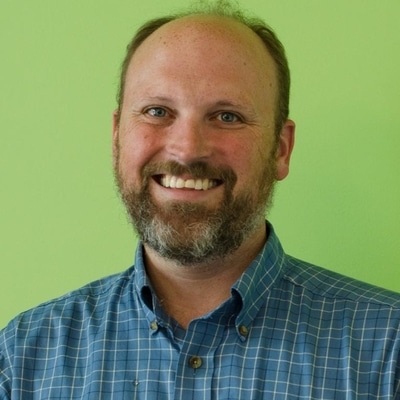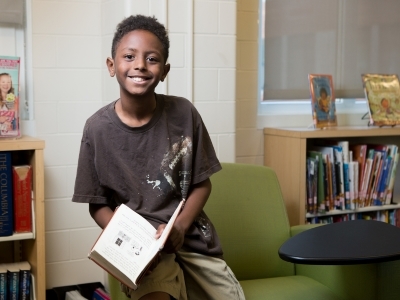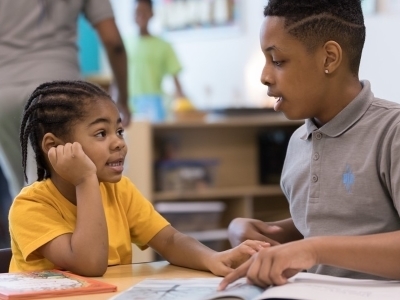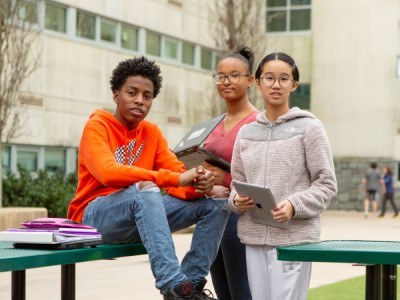Will This Be on the Test? What We Learn through a Latin Dance Competition
Topics
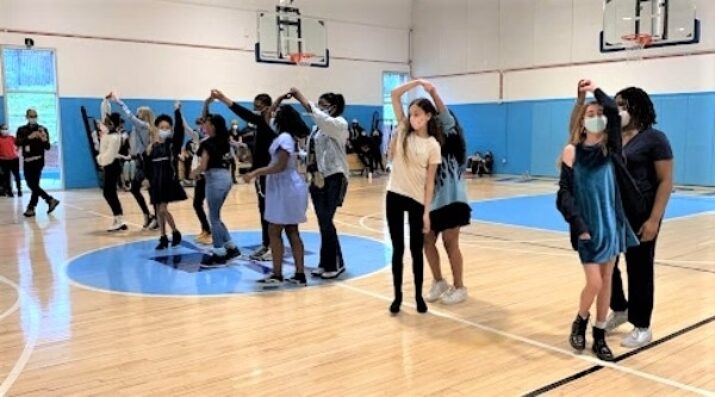
Educators are rethinking the purposes, forms, and nature of assessment. Beyond testing mastery of traditional content knowledge—an essential task, but not nearly sufficient—educators are designing assessment for learning as an integral part of the learning process.
What students have to learn, and indeed teach us, often lies outside of what is assessed on state tests.
As I write this, we are a couple of weeks away from the beginning of PARCC state testing in K-12 public schools in Washington, D.C. At many schools, you would find an urgency of test preparation in the classrooms and hallways. The tenor of the school would be tense in anticipation for the exams we all know are coming. At Two Rivers Public Charter School, we have made a different choice.

The sounds of Latin rhythms waft through the halls from the gym. Students dressed in their best shirts and dresses anxiously anticipate not tests but the opportunity to demonstrate their moves on the dance floor for our annual Latin Dance competition. Centering this experience at this time of year reminds all of us that what our students have to learn, and indeed teach us, often lies outside of what is assessed on the annual PARCC assessments. The competition, a tradition at Two Rivers, brings deep learning, creativity, connection, and most importantly joy to our entire community.
Conceived of and led by one of our Spanish teachers, Cody Encarnación—Señor Cody as he is affectionately known—the competition is an opportunity for students in third through eighth grade to learn both the dance moves of the bachata and the merengue and about the Afro-Latin culture of the Caribbean from which they sprung. In the weeks leading up to the competition, students in Spanish and PE classes shift from their other projects to learn about the dances and how to dance.
The learning that happens in these classes exemplifies what it means to learn deeply. Students eagerly come to class ready to engage in the learning. A rubric defines excellence in each of the dance styles, providing a degree of rigor to the performances. Students seek to execute the dances well and to put their own creative flourishes into their performances.
Even more powerfully, the competition brings our entire community together. In March of 2020, we shifted to remote learning with the rest of the world as we created distance to protect our community against the spread of COVID-19. Since that closing two years ago, the entire Two Rivers community has not been able to be together in the same space for two years. While this year we have continued to need to hold to social distancing norms, we were able to finally bring together larger groups to dance, celebrate, and have fun through the Latin Dance Competition.
Words cannot capture how bringing back this competition has reenergized our community. Instead, two anecdotes from the periphery of this tradition highlight its impact.
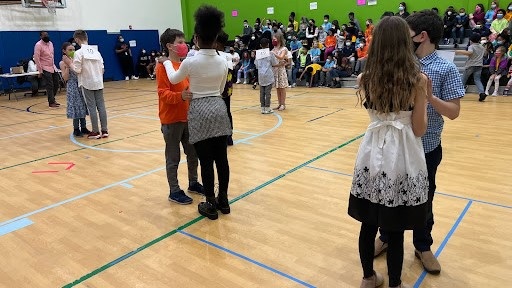
First, in a kindergarten classroom, students unprompted by their teacher used their free writing time to create posters cheering on their older siblings and friends that were dancing. While the kindergarten students weren’t personally going to dance, they were inspired by the excitement of the competition which provided an authentic opportunity for them to utilize their emergent literacy skills to celebrate their older classmates.
Second, an older student with autism and sensory integration challenges was not ready to dance with a classmate. However, his classmates and teachers encouraged him to participate. And so, from the back of the group of dancers, he put on headphones and joyfully danced as part of our community, not alone or separated as he might have been.
The competition is indeed a competition. Some students demonstrate high quality dance performances and win the competition. However, all students learn and as Señor Cody extols, “The number one rule of the dance competition is to have fun!” With that, students cheer for each other and the joy of being back together.
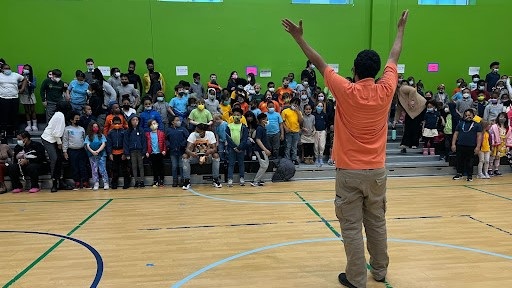
As the music fades from the Latin Dance competition, we will return to classrooms and prepare for the PARCC assessments. However, we will do so knowing that we are filled with the light that being back together as a community can bring, reminded that some of the important things we learn in school can’t be found on a test.
All photos courtesy of Two Rivers Public Charter School.

